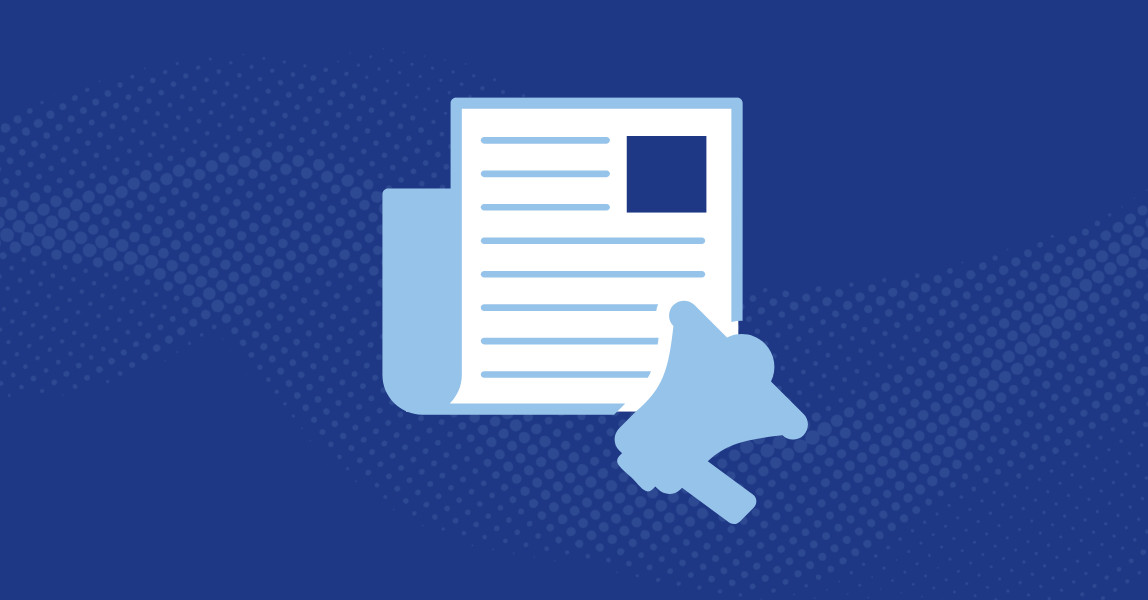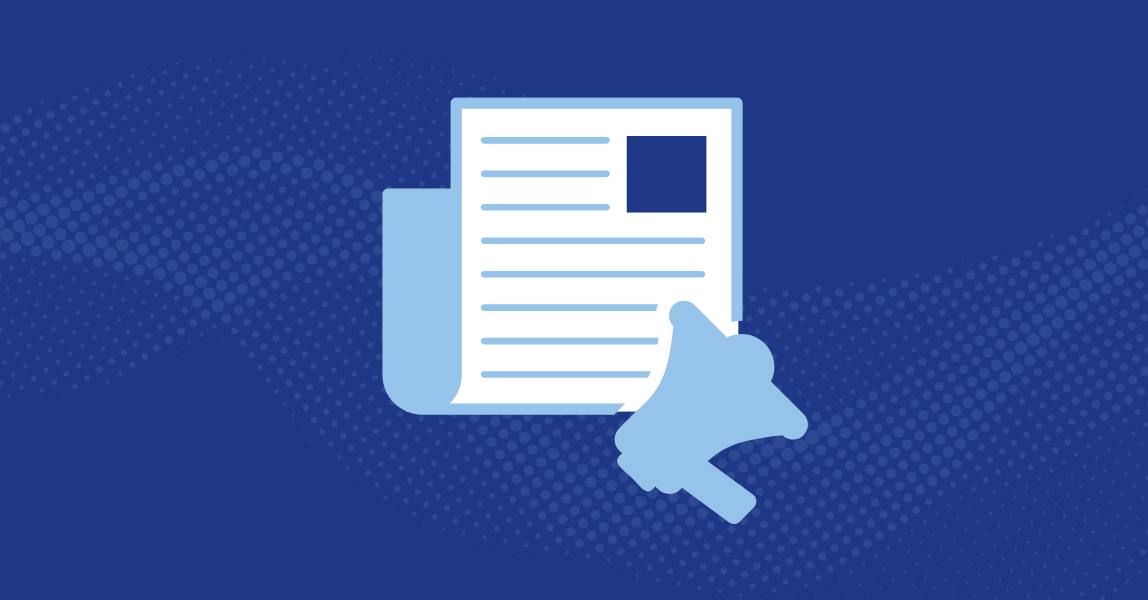Calvary refutes Medibank’s false claims

Medibank is also misleading its members when stating “Medibank will always pay hospitals for our members’ hospital treatment costs,” Calvary National CEO, Mr Mark Doran, said today.
“Let us be clear, Medibank is reducing its payments for members while in a Calvary hospital, leaving its members to pay the difference,” said Mr Doran.
“This could be somewhere between 15% and 25% of their members’ costs whilst in hospital,” he said. “Is Medibank prepared to reduce its member’s premiums by the same amount?”
Calvary today hit back at Medibank’s assertions that the leading health, community and aged care provider is not concerned about the quality and care of its patients and that its dispute with the insurance company is about wanting more.
Calvary revealed that a review by Dr Michael Smith, former Medical Director of Australian Commission on Safety and Quality in Health Care (ACSQHC), found that Medibank’s approach to using a list of 165 ‘Highly Preventable Adverse Events’ is flawed. “The title “Highly Preventable Adverse Events’, chosen by Medibank, is a misrepresentation in itself”, Mr Doran said.
The ACSQHC also confirmed the list is not fit for use in health care funding models.
Calvary supports the view of Australian Medical Association (AMA) President, Professor Brian Owler, that a doctor should decide what a patient needs, not an insurance company like Medibank.
“Medibank is simply making good on a promise to ‘flex its muscle’,” Mr Doran warned.
“This is not an approach that gives us confidence that Medibank will fund appropriate care for its members now or in the future,” he said.
“The ultimate beneficiary of any reduced payments to hospitals is Medibank and its shareholders, the ultimate losers are Medibank members”.
“Is quality and safety really what Medibank is seeking, or is it simply a cost shift to hospitals using a new metric on price, terms and conditions, including making hospitals wait longer to be paid for services already delivered?”
